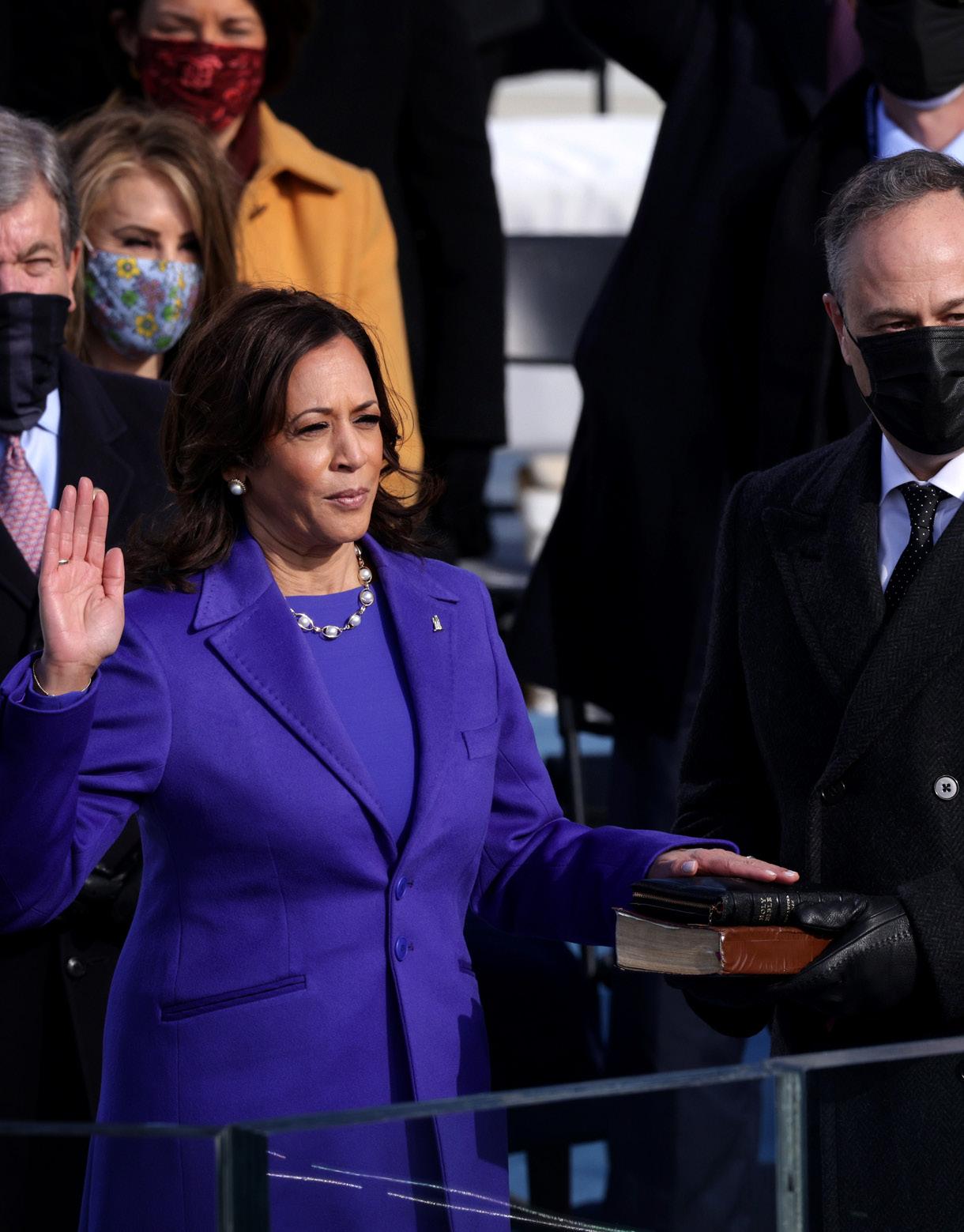
1 minute read
Prison Population Gains COVID-19 Vaccination Priority
People living or working in jails and prisons will be vaccinated against COVID-19 in stage 1b – after being unlisted through Phase 3 – following a December 21 letter to Illinois Department of Public Health Director Dr. Ngozi Ezike signed by over 60 legal and community-based organizations.
The letter from the Coalition to End Money Bond, Chicago Appleseed, Chicago Council of Lawyers, and others, said that people in prisons are four times as likely to be infected with coronavirus and twice as likely to die as the general population because of close quarters and inability to social distance, along with little access to personal protective equipment and hygiene products. What’s more, prison infections exacerbate community transmission, especially in communities of color. Prioritizing access to the COVID vaccine for people in prison and staff, “can go a long way toward protecting the public health of everyone in Illinois.”
One in 6 cases in Chicago, for example, could be tied to an outbreak at Cook County Jail that led to seven deaths and dozens of hospitalizations, according to a study by Harvard and University of Chicago researchers in the Journal of Health Affairs that was cited in the letter.
Cook County Jail is one of the largest singlesite jails in the nation, with over 5,500 detainees as of Dec. 17, 2020. Only 38 percent of them are in single cells; the remainder are in double cells or dorms with shared bathrooms.
“Social distancing and other methods of decreasing transmission are simply not possible or effective in a congregate setting like a jail or prison,” noted the letter. “Currently, there are more people confirmed positive for COVID-19 (350 people) in Cook County Jail than at the height of the pandemic in the spring (307 people).”
Other signatories include: A Just Harvest, Cabrini Green Legal Aid, Mandel Legal Aid Clinic at the University of Chicago, Roderick and Solange MacArthur Justice Center at Northwestern University’s Pritzker School of Law, Shriver Center on Poverty Law, Uptown People’s Law Center, John Howard Association and Logan Square Neighborhood Association.
-Suzanne Hanney, from prepared material









